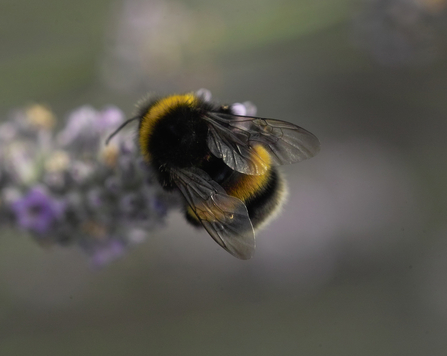On Monday 9th May it will be six months since the landmark Environment Act was passed – the first dedicated environmental legislation for nearly 30 years and the first time England has set legally binding targets for nature’s recovery.
It is only now that the details of these targets are being discussed and a consultation is due to close on 11th May to assess how ambitious these targets will be. It’s crunch time for nature.
Unfortunately, the long-term target currently being proposed for nature’s recovery aims to have just 10% more nature in 2042 than 2030 levels – by which time the state of our natural world is expected to have declined even further.
This could mean that wildlife is less abundant by 2042 than it is now, after another decade of decline, and clearly falls short of the UK Government’s promise to pass on nature in better condition.

